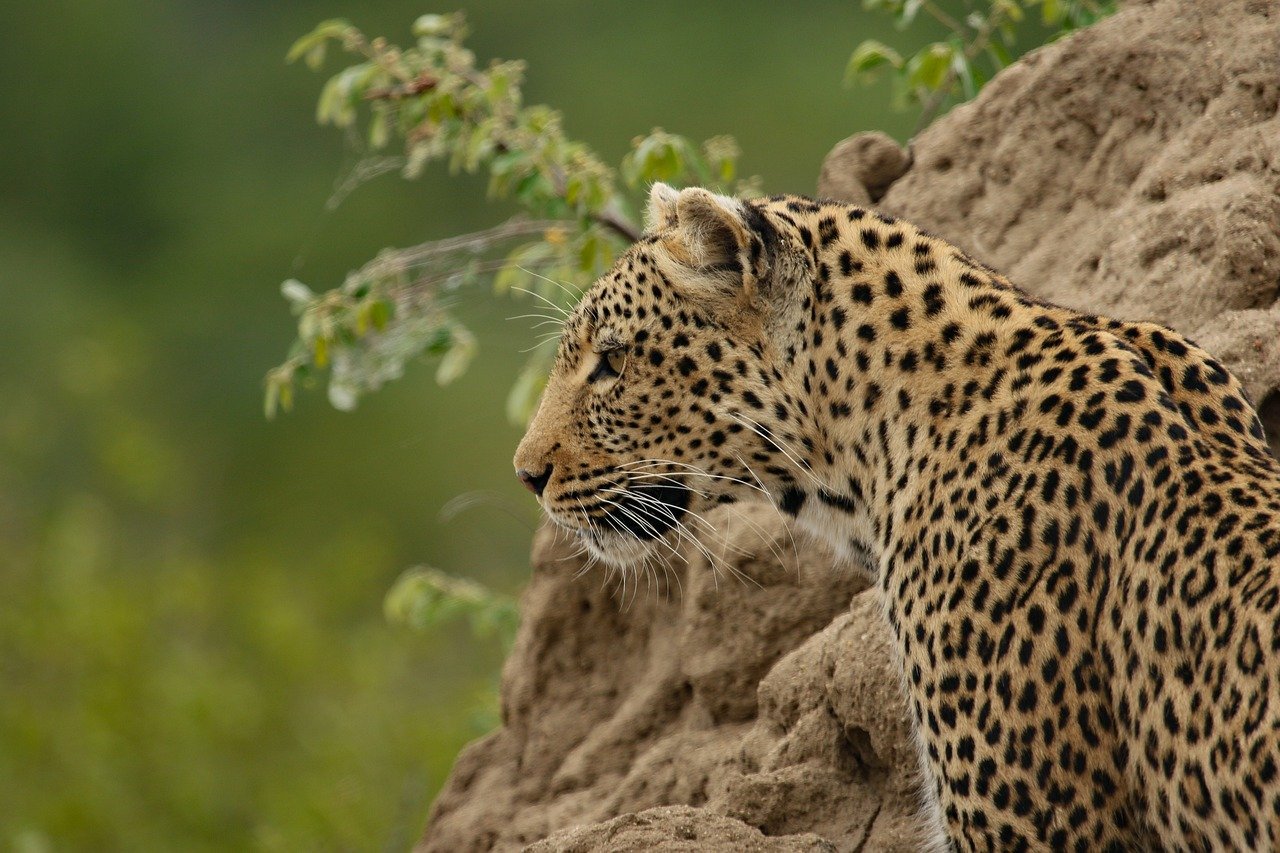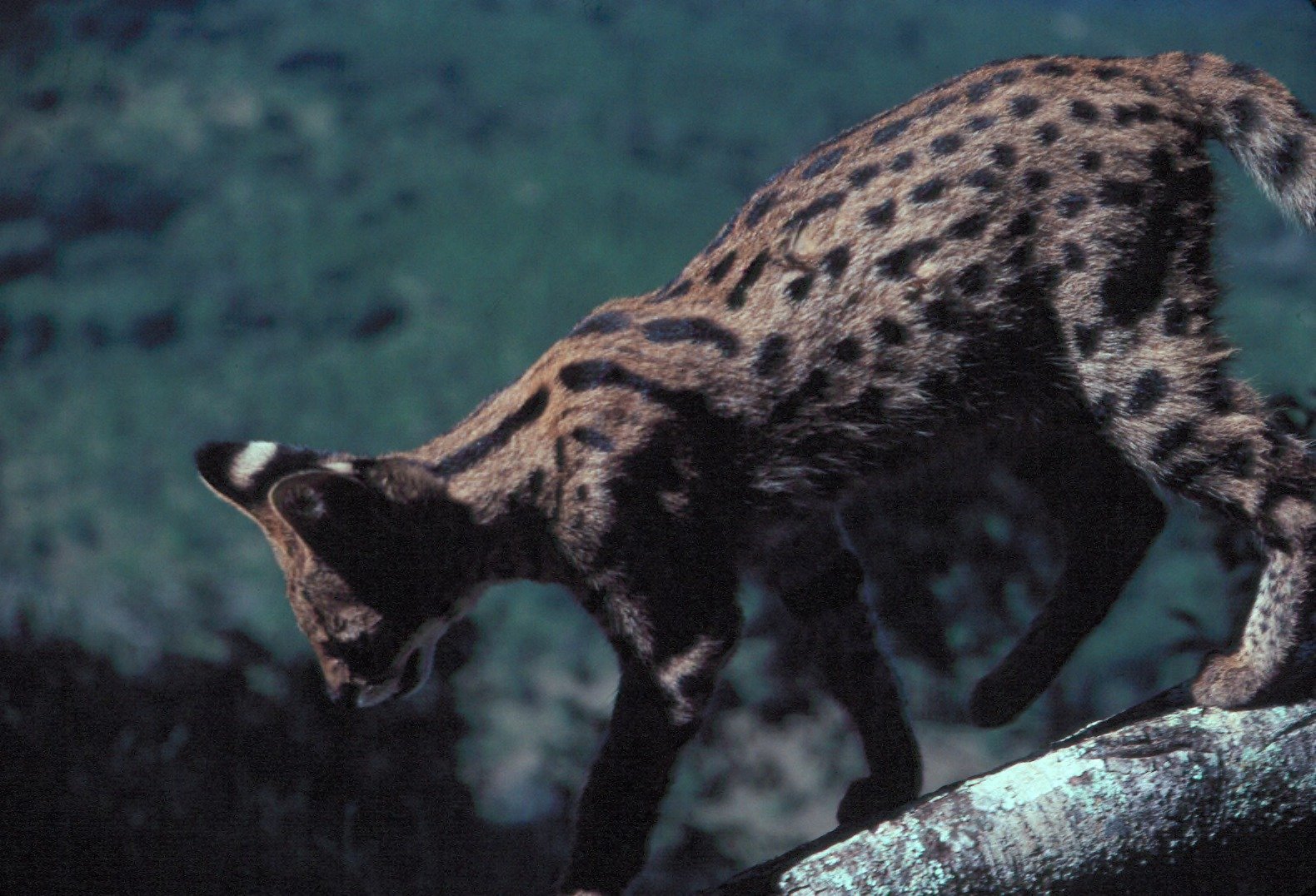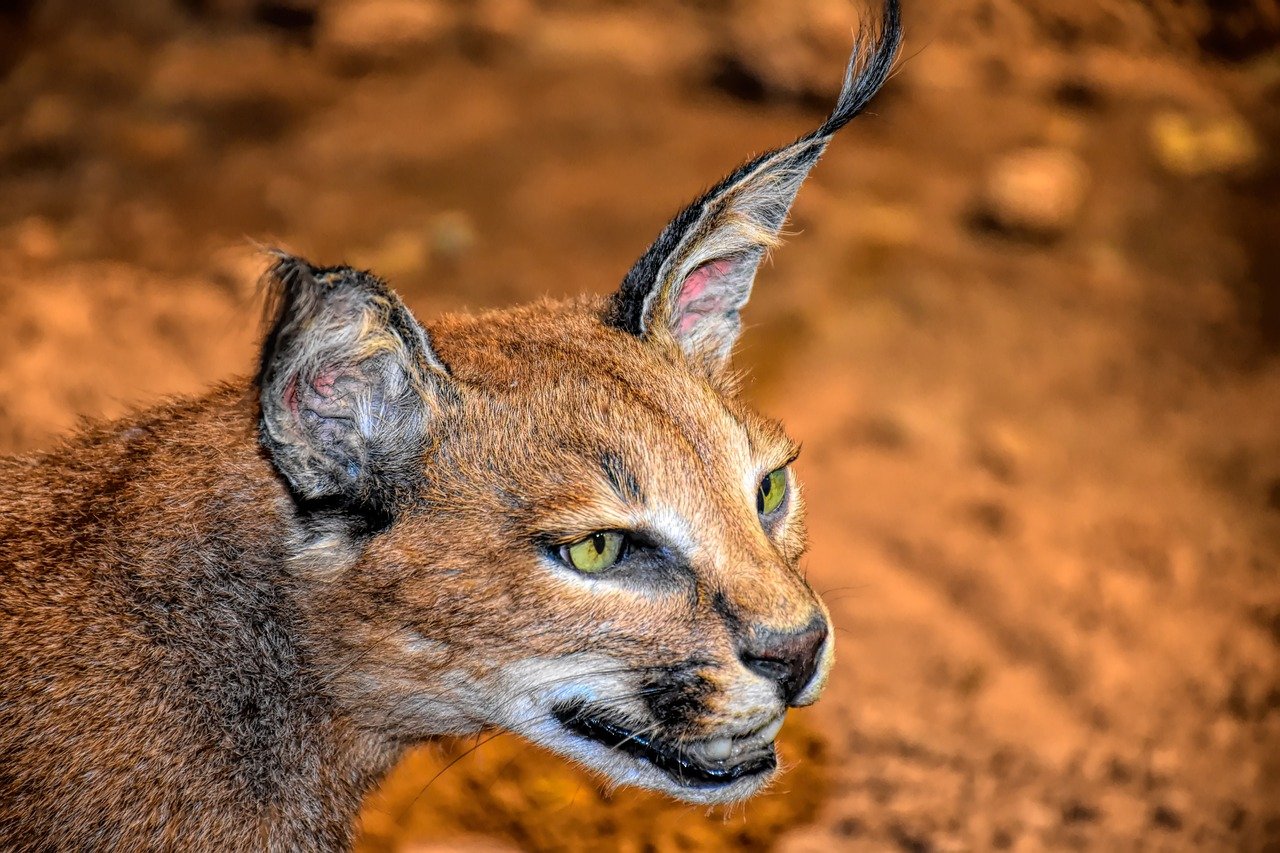Emotions are not exclusive to humans. In the wilderness, big cats display a range of behaviors that suggest complex emotional processing, including emotional memory. This ability allows them to remember past experiences and respond accordingly. Emotional memory is crucial for survival, aiding in hunting, social interaction, and avoiding danger. Among the feline family, some big cats stand out for their impressive emotional memory. Let’s delve into the world of these magnificent creatures and explore how they exhibit such intricate emotional intelligence.
Lions: The Social Giants
Lions are renowned for their social structures, living in prides that are often family units. Their emotional memory plays a vital role in maintaining these bonds. A lion remembers the faces and scents of its pride members, which helps in recognizing and accepting them. This memory extends to past encounters with rival prides, influencing how they react in future confrontations. A lion’s roar isn’t just a territorial declaration; it serves as a communication tool, recalling past interactions and asserting dominance. The emotional memory in lions is a cornerstone for their social survival, allowing them to thrive in their cooperative environment.
Tigers: Solitary Yet Sentimental
Tigers, though solitary by nature, exhibit strong emotional memories when it comes to their territory and offspring. A mother tiger remembers the locations of her cubs and the threats that may have endangered them. Their memory helps them navigate vast territories, recalling where prey is abundant or where danger lurks. Tigers also remember encounters with other tigers, which influences their territorial behaviors. This memory aids in avoiding unnecessary conflicts and maintaining their solitary lifestyle. Despite their solitude, tigers’ emotional memory is a testament to their intelligence and adaptability in the wild.
Leopards: The Stealthy Survivors

Leopards are masters of stealth, and their emotional memory significantly contributes to their survival skills. They remember the best hunting grounds and safe resting places, which are crucial in their solitary existence. Leopards also recognize the scent of other predators, avoiding areas where they might encounter danger. This memory aids in their elusive nature, allowing them to thrive in diverse habitats. Their ability to recall past experiences helps them adapt to changing environments, showcasing their resilience and adaptability. Leopards are a testament to how emotional memory can enhance survival in the wild.
Cheetahs: The Speedy Strategists
Cheetahs, known for their incredible speed, rely on emotional memory to strategize their hunts. They remember the terrain where they successfully caught prey, using this knowledge to plan future pursuits. Cheetahs also recall encounters with larger predators, helping them avoid dangerous confrontations. This memory is especially crucial for mother cheetahs, who teach their cubs the intricacies of hunting and survival. Emotional memory enables cheetahs to make quick, informed decisions, maximizing their chances of success. In the fast-paced world of the cheetah, memory is as essential as speed.
Jaguars: The Powerful Predators
Jaguars are known for their strength and adaptability, and their emotional memory enhances these traits. They remember the locations of prey-rich areas and use this knowledge to optimize their hunting strategies. Jaguars also recall encounters with other jaguars, which influences their territorial behavior. This memory helps them navigate their environment, avoiding conflicts and maximizing their hunting efficiency. Jaguars’ emotional memory is a key factor in their survival, allowing them to thrive in diverse habitats from dense forests to open savannas. Their ability to remember and adapt is a testament to their intelligence and resilience.
Pumas: The Versatile Wanderers
Pumas, also known as cougars or mountain lions, exhibit remarkable emotional memory, aiding them in their wide-ranging habitats. They remember the best routes through their territory, avoiding areas where danger might lurk. Pumas also recall encounters with humans and other predators, influencing their behavior in future interactions. This memory helps them maintain a low profile, avoiding unnecessary conflicts. Pumas’ emotional memory is crucial for their survival, allowing them to adapt to various environments from mountains to deserts. Their ability to remember and learn from past experiences showcases their intelligence and adaptability.
Snow Leopards: The Ghosts of the Mountains
Snow leopards, elusive and solitary, rely on emotional memory to survive in harsh mountainous terrains. They remember the locations of prey and safe resting spots, which are crucial for their survival in such a challenging environment. Snow leopards also recall encounters with other predators, helping them avoid dangerous confrontations. This memory aids in their elusive nature, allowing them to thrive in remote habitats. Snow leopards’ emotional memory is a testament to their intelligence and resilience in the face of adversity. Their ability to remember and adapt is key to their survival in the wild.
Clouded Leopards: The Enigmatic Climbers
Clouded leopards, with their unique climbing abilities, exhibit emotional memory that aids in their arboreal lifestyle. They remember the best routes through the trees, avoiding areas where danger might lurk. Clouded leopards also recall encounters with other predators, which influences their behavior in future interactions. This memory helps them maintain a low profile, avoiding unnecessary conflicts. Clouded leopards’ emotional memory is crucial for their survival, allowing them to adapt to various environments from dense forests to open savannas. Their ability to remember and learn from past experiences showcases their intelligence and adaptability.
Servals: The Agile Hunters

Servals, known for their agility and hunting prowess, rely on emotional memory to enhance their hunting strategies. They remember the locations of prey-rich areas and use this knowledge to optimize their hunting efficiency. Servals also recall encounters with larger predators, helping them avoid dangerous confrontations. This memory is especially crucial for mother servals, who teach their cubs the intricacies of hunting and survival. Emotional memory enables servals to make quick, informed decisions, maximizing their chances of success. In the fast-paced world of the serval, memory is as essential as agility.
Caracals: The Stealthy Stalkers

Caracals, with their stealthy stalking abilities, exhibit emotional memory that aids in their hunting and survival strategies. They remember the best hunting grounds and safe resting places, which are crucial in their solitary existence. Caracals also recognize the scent of other predators, avoiding areas where they might encounter danger. This memory aids in their elusive nature, allowing them to thrive in diverse habitats. Their ability to recall past experiences helps them adapt to changing environments, showcasing their resilience and adaptability. Caracals are a testament to how emotional memory can enhance survival in the wild.
In the wild, emotional memory is a powerful tool for survival, and these big cats demonstrate its importance in various aspects of their lives. From hunting and territory management to social interactions and avoiding danger, emotional memory plays a crucial role in their daily existence. Each species has adapted this ability to suit its unique lifestyle, showcasing the incredible intelligence and adaptability of big cats. As we continue to study these magnificent creatures, we gain a deeper understanding of the complex emotions and memories that drive their behavior in the wild.
Hi, I’m Bola, a passionate writer and creative strategist with a knack for crafting compelling content that educates, inspires, and connects. Over the years, I’ve honed my skills across various writing fields, including content creation, copywriting, online course development, and video scriptwriting.
When I’m not at my desk, you’ll find me exploring new ideas, reading books, or brainstorming creative ways to solve challenges. I believe that words have the power to transform, and I’m here to help you leverage that power for success.
Thanks for stopping by, Keep coming to this website to checkout new articles form me. You’d always love it!






